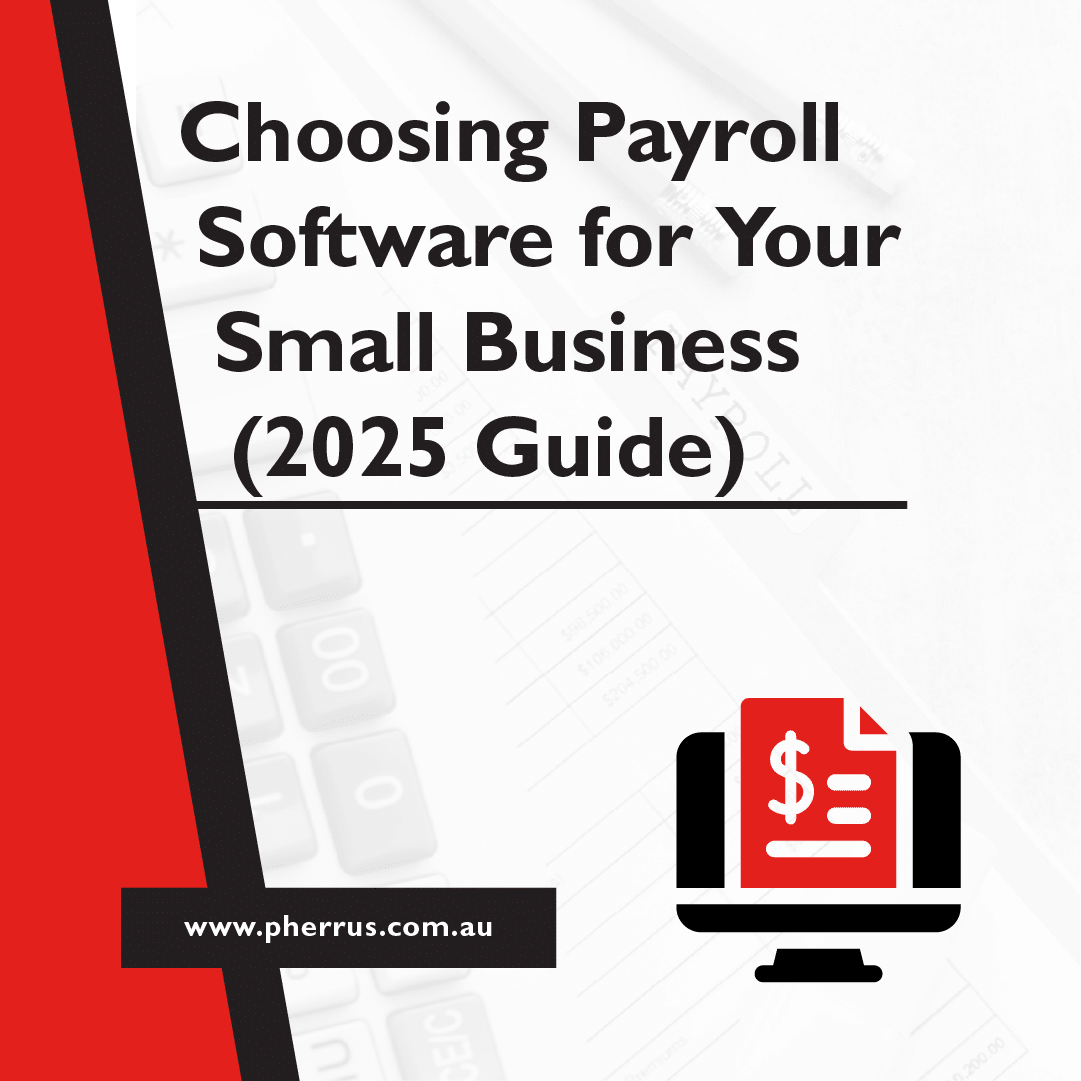If you haven’t yet heard about Single Touch Payroll, you may need to conduct a quick headcount to determine if your business needs to comply.
What is Single Touch Payroll ?
Single Touch Payroll (STP) aligns your reporting obligations to your payroll processes.
Your business will be required to report to the ATO each time you pay your employees. Yes that means if you pay your employees Weekly, you will need to report Weekly. If you pay your employees monthly, you will need to report Monthly and so on.
So what makes you compliant? STP will only become compulsory if your business has 20 or more employees from July 1, 2018, and compulsory for all businesses regardless of how many staff they have from July 1, 2019. So it’s important to begin preparation to comply.
Now what if you’re not ready. Here are a few tips directly from the ATO’s website :
Employers with 20 or more employees:
- You need to start reporting to us through STP from 1 July 2018 if your software is ready.
- Some payroll software providers have asked us for more time to update their products – check if your product has a deferred start date.
- If your software will be ready by 1 July 2018 but you won’t be ready, you will need to apply for your own deferred start date.
You might be thinking, ” How does my business report on our obligations ?”
You can report through Single Touch Payroll (STP) in one of the following ways :
- Report from your current payroll solution when it is STP-ready. This could be a XERO or MYOB accounting platform or something similar.
- Report from a new payroll solution which is STP-ready. This may take more time switching over and getting used to.
- Ask Pherrus, who acts as your registered agent, to report through STP on your behalf.
If your business has 19 or fewer employees, you have at least till 2019, July to comply, although the ATO has advised small businesses to voluntarily start to use Single Touch Payroll systems ahead of time, so that you are at least used to it and are well compliant before the due date. No one likes nasty suprises.




